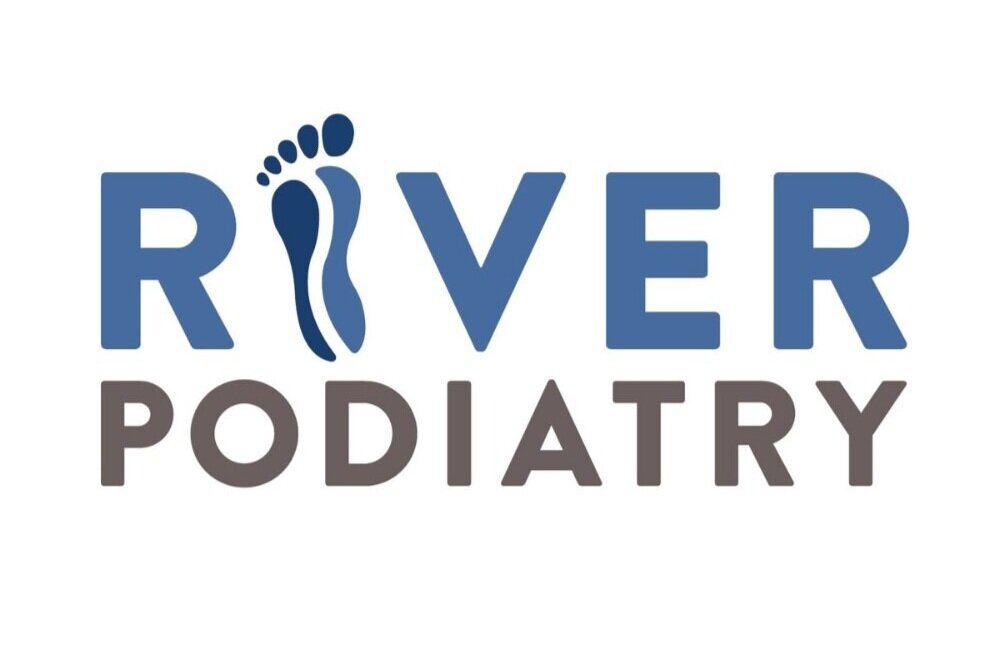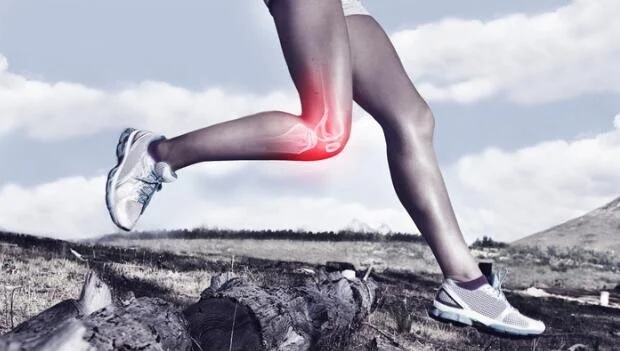What should runners know about foot blisters
When running long distances, it is very common to start feeling a sharp stinging sensation in your feet. So why do some runners get bad blisters and other don’t? We’ll take a look at the specific causes, how to treat them and ways that you can prevent them from occurring.
Causes of Foot Blisters
Here are some of the causes of foot blisters for runners:
When you are running, the heat and activity cause your feet to start swelling in your sneakers
Moisture inside your sneaker also begins to build up from sweat
Fluid can buildup in areas where your sock rubs against your skin
your shoes fitting poorly, either being too loose or too tight, and allowing excessive movement
runners who already have foot health issues such bunions and/or hammertoes are already at an increased risk of developing blisters
When a blister forms, a tear occurs between the epidermis and the dermal layers of the skin. What also tears the skin the foot are the forces moving the foot forward and side to side when running, called shear forces, combined with pressure and sweat. This buildup then generates a cleft that fills with blister fluid.
Treatment Options for Foot Blisters
Here are your options when treating foot blisters:
Leave it alone if it is not painful and let it heal on its own
Soak your blister in Epsom salt and warm water to provide relief
Puncture your foot blister with a sterilized needle
use antibiotic ointment and a gauze dressing with elastic compression to heal the blister site
A hydrocolloid dressing can be used temporarily to protect the injured skin as a short-term solution
For severe blisters, or if you form a blister under your toe nail, be sure to consult a professional.
How to Prevent Blisters from Forming
Here are our recommendations that could help you prevent blisters:
ensure your shoes and socks fit properly
use socks that wick moisture away such as acrylic, nylon, and/or polyester
Avoid wearing socks that are 100% cotton as they absorb moisture
At River Podiatry, our team is ready to serve and consult in order to help you safely run at all times. Set up an appointment today to speak with our team of trusted foot health professionals.



